Red light on overseas markets: Does Nezha have a fallback plan?
![]() 12/09 2024
12/09 2024
![]() 471
471
Under the stimulus of national subsidies, trade-in policies, and other multiple subsidies, China's auto market in November experienced another surge following the "golden September and silver October." Both independent brands and new-energy vehicle (NEV) makers showcased their strength, but Nezha became the only NEV startup that did not announce its domestic sales figures in November.
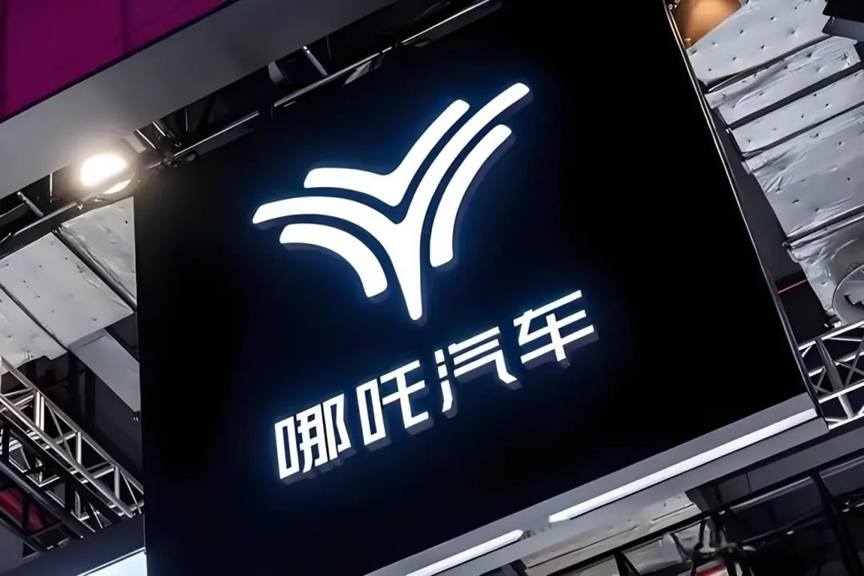
At a time when other brands are making rapid progress, Nezha's continuous absence from monthly sales bulletins stands out abruptly. This unusual behavior has sparked much speculation. It is unclear whether Nezha is affected by the pre-IPO silent period or simply chooses not to announce sales due to poor performance. However, some netizens have pointed out that the so-called "pre-IPO silent period" is merely a "fig leaf" for Nezha's low sales, noting that Zero Run also announced sales on time before its IPO. Although Nezha has not released sales data for several consecutive months, with the support of data from the China Passenger Car Association, it is estimated that Nezha sold fewer than 100,000 vehicles from January to October, achieving less than 30% of its annual sales target. Compared to other NEV startups in the same period, this performance is clearly unsatisfactory. It has only been two years since Nezha topped the list of NEV startups with 152,000 deliveries in 2022. Where has the once formidable "Nezha" gone?
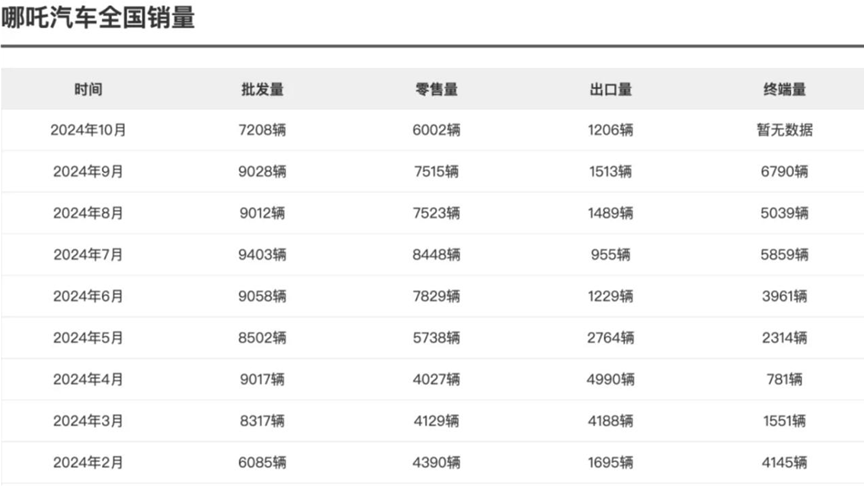
Compared to Nezha's limited positive publicity, negative news about Nezha has been pouring in. Issues such as mass layoffs, salary cuts, factory shutdowns, slow vehicle deliveries, and legal actions due to unpaid supplier invoices have all been reported. As early as October, it was reported that Nezha had implemented a salary reduction plan, and employees from various departments were gradually receiving salary reduction notices. In November, Effort Robotics sued Hefei Hefei Zhonghe New Energy Automobile Co., Ltd. for defaulting on a huge contract payment. Almost simultaneously, media reported that Nezha had initiated large-scale layoffs, with some departments cutting up to 70% of their staff. In mid-November, Dongfeng Technology filed an arbitration application against Hefei Zhonghe New Energy Automobile Co., Ltd. for defaulting on payments. By December, there were rumors that Nezha's CEO, Zhang Yong, had resigned, although the official response was that Zhang Yong remained CEO, various signs still could not dispel outside doubts. Why has Nezha's founder, Fang Yunzhou, who previously stayed behind the scenes, come forward to respond to many of the recent negative news about Nezha? On December 6, Autowiki revealed that Nezha's CEO, Zhang Yong, had resigned and joined Dali Niumowang, a logistics commercial vehicle brand under De Li New Energy Automobile Co., Ltd., located in Henan. At Dali Niumowang, Zhang Yong will reunite with his former colleague from the Beijing Automotive Group period, Jiang Feng, the former Executive Vice President of Nezha Auto.
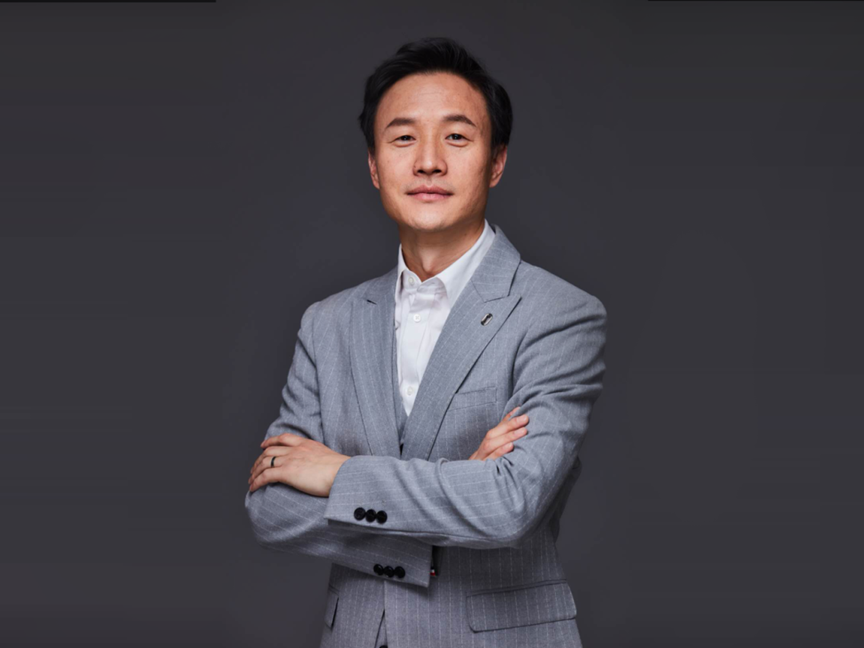
Needless to say, Nezha Auto's current situation is not optimistic. Zhang Yong's mysterious departure and the hidden sales report have given the outside world ample room for "wild speculation." There are also reports that "Nezha Auto has now been taken over by the major shareholder, the Nanning State-owned Assets Supervision and Administration Commission, and will shift its strategic focus entirely to overseas business."
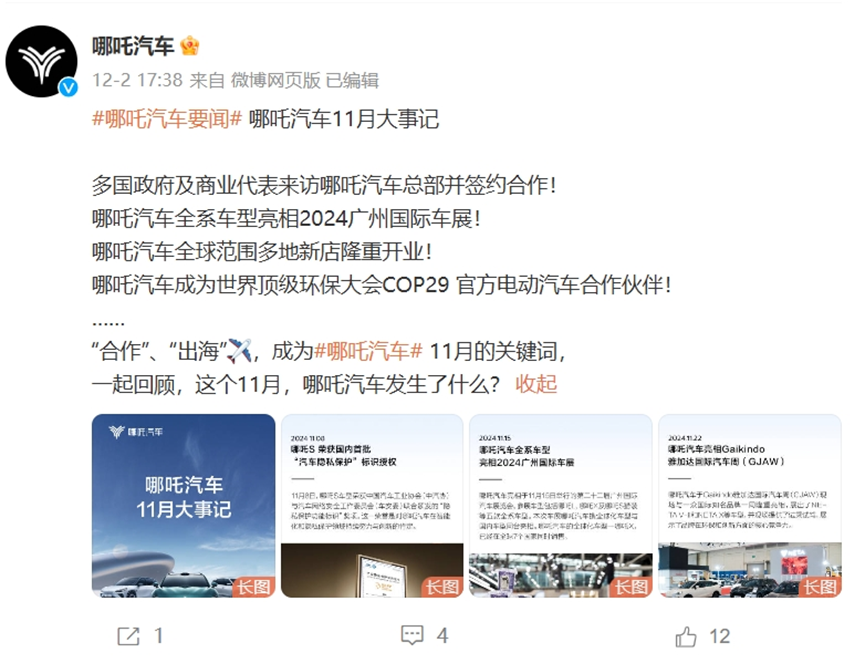
Nezha Auto's founder, Fang Yunzhou, recently stated in an interview that "the prospects for Nezha Auto's overseas expansion are promising. Although the total export volume in the first half of this year reached 17,687 units, which did not meet expectations, it still increased by 154% year-on-year compared to the same period last year." In the current Thai market, Nezha Auto ranks second in the local pure electric vehicle market with a market share of 22%. In comparison, Nezha Auto has more room for overseas operations. Additionally, Fang Yunzhou mentioned that "Nezha's export ratio will increase to 30% this year, mainly targeting the Southeast Asian, South American, North African, and Middle Eastern markets." However, even considering Nezha's peak sales of 150,000 units, 30% would only amount to 45,000 units, which is merely a drop in the bucket compared to the difficulties Nezha Auto currently faces. Nevertheless, from Nezha's urgent pursuit of an IPO perspective, only overseas news can boost the morale of the struggling Nezha Auto and its consumers.
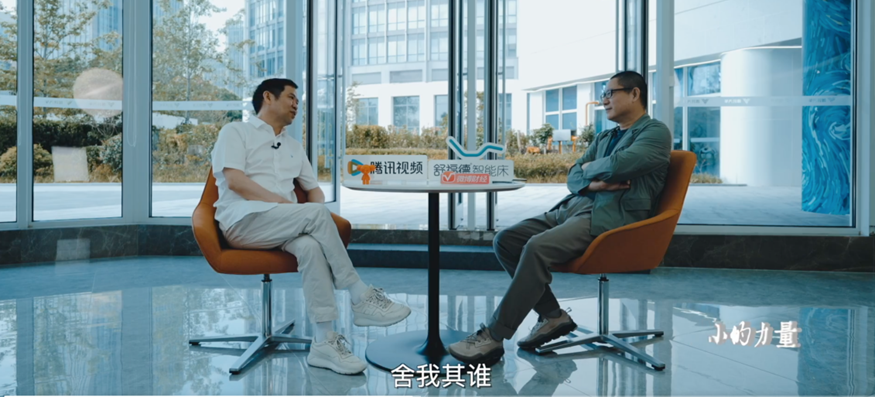
On December 5, Nezha announced the sales of some of its models in the Thai market. After topping the registration list for pure electric SUVs in October, the Nezha X again led the Thai market in November. When asked how many units were registered, Nezha did not hesitate to disclose the figure: 2,567 units. However, when netizens attempted to inquire further, Nezha's staff began to evade the question.

In fact, Chinese automakers' interest in the Thai market is not unfounded. Many years ago, with the assistance of Japanese automakers, the Thai automotive industry gradually accelerated its development and became known as the "Detroit of Asia." Moreover, Thailand's strategic geographical location and convenient transportation are also key considerations for Chinese automakers. Lastly, the Thai government's strong support for NEV companies, including reduced purchase taxes and subsidies for NEVs, further attracts Chinese automakers. However, it seems that the Thai automotive market is also struggling. As of October this year, Thai car sales have declined for 17 consecutive months. Although sales data for November have not yet been released, it is predicted that there will still be a significant decline.
The overall unoptimistic outlook for the Thai automotive market undoubtedly exacerbates Nezha's already difficult situation. As early as last year, Nezha designated Thailand as one of its important overseas markets. Now, it must reconsider how to find an alternative path. It is essential to recognize that while the Thai auto market is a thriving one for China's vehicle exports, it is not the final destination. For Nezha, Thailand may serve as a crucial breakthrough for overseas expansion. When the Thai market performs unsatisfactorily, transforming it into a "transit hub" will better support Nezha's future development, allowing it to serve the Thai market while also supplying vehicles to Southeast Asia, the Middle East, Europe, and other regions. Time is running out for Nezha; it must quickly get its act together to continue "making waves" in the automotive industry.
(Images sourced from the internet. Please remove if there is any infringement.)






